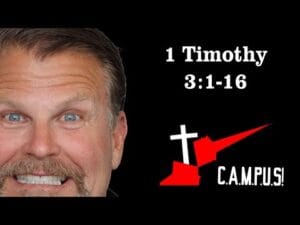
1 Timothy 3:1-16 Bible Teaching
Paul's teachings in 1 Timothy 3 highlight the moral and behavioral qualifications for bishops and deacons, emphasizing responsibility, integrity, and spiritual leadership without hierarchy.

Paul's teachings in 1 Timothy 3 highlight the moral and behavioral qualifications for bishops and deacons, emphasizing responsibility, integrity, and spiritual leadership without hierarchy.
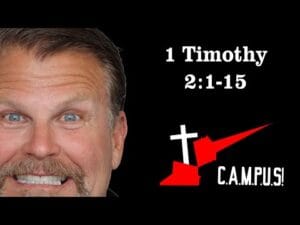
Paul's teachings stress prayer, free will, and salvation through Christ, while Shawn's focus on modesty, gender roles, and cultural context highlights evolving norms.
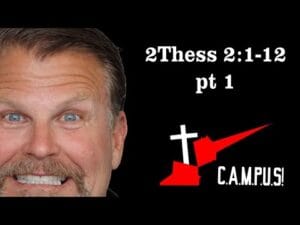
Shawn's teaching analyzes 2 Thessalonians 2:1-12, focusing on the "Man of Lawlessness" and "falling away" before Christ's return, emphasizing vigilance against deception.
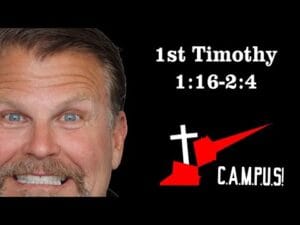
Paul teaches Christ's mission to save sinners, urges Timothy to uphold faith, warns against sin's deceit, emphasizes prayer for all, and respect for authority.
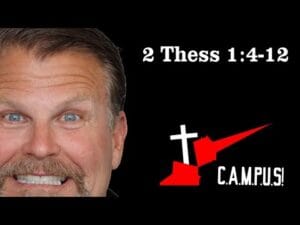
Paul commends Thessalonians' faith amid persecution, linking trials to God's judgment and future reward. Emphasizes justice at Jesus' return, aligning with historical events.
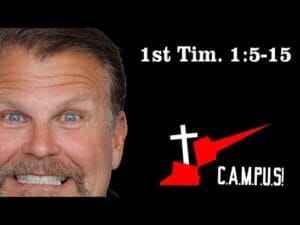
The teaching highlights that the Law's purpose is to guide believers to agape love, pure heart, good conscience, and genuine faith, transcending legalism through Christ.
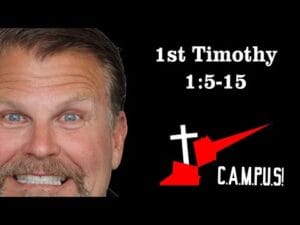
Paul's teaching in 1st Timothy focuses on love from a pure heart, good conscience, and sincere faith, transcending the Law, which guides the unrighteous, emphasizing spiritual maturity.
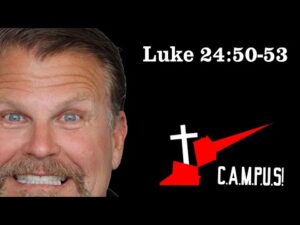
Yeshua's ascension in Luke 24 symbolizes his divine role; Shawn highlights Jesus' deification post-resurrection. Timothy aids Paul, addressing early church issues.

Paul's prayer in 1 Thessalonians 5:23 highlights sanctification of spirit, soul, and body, distinguishing trichotomy from dichotomy, emphasizing spiritual rebirth and growth.
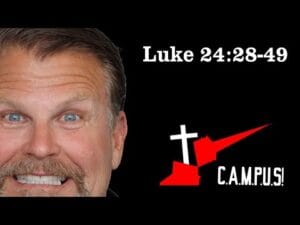
Yeshua's teachings in Luke 24 emphasize free will, spiritual insight through scripture, the importance of clear biblical teaching, and the global mission of repentance and forgiveness.